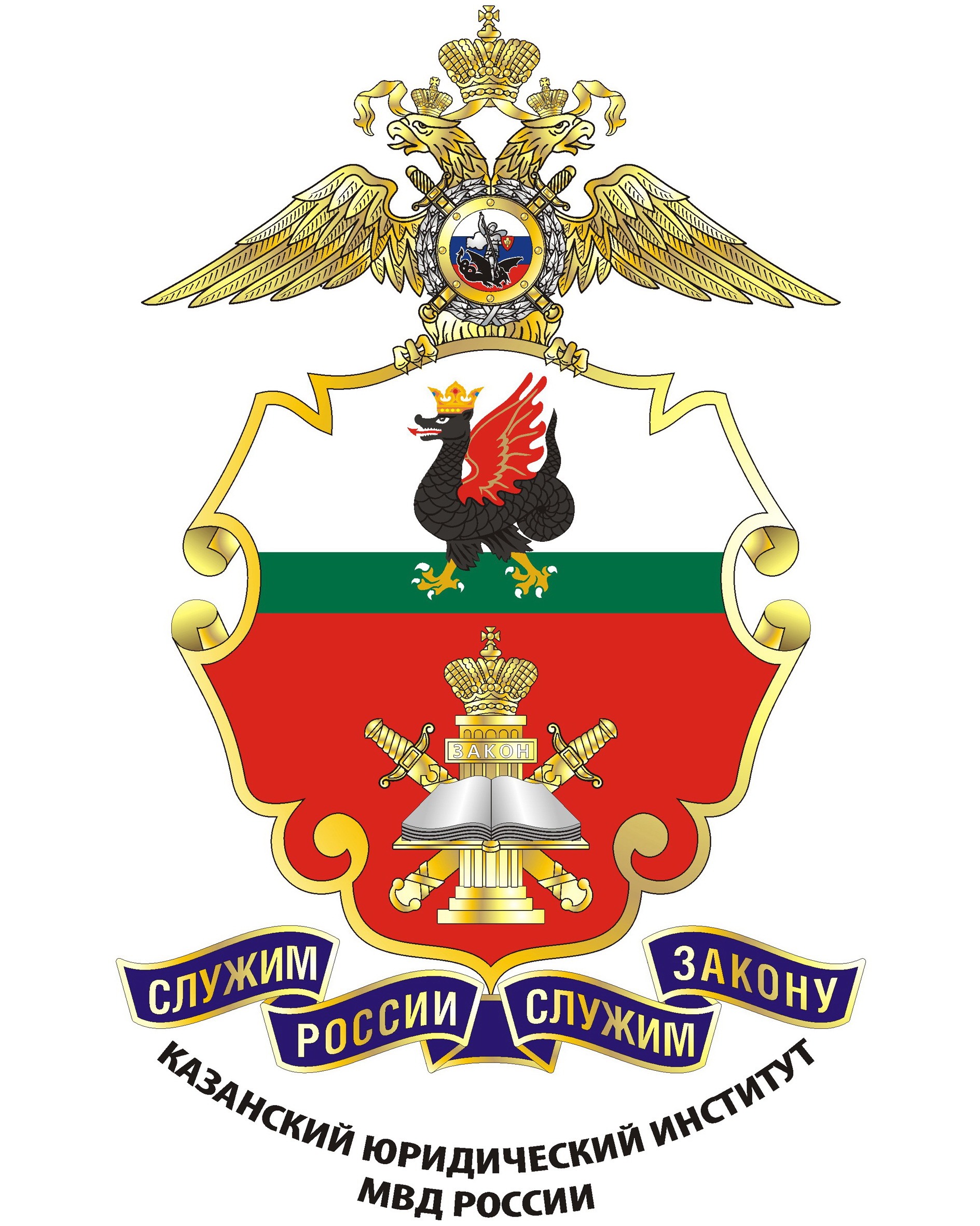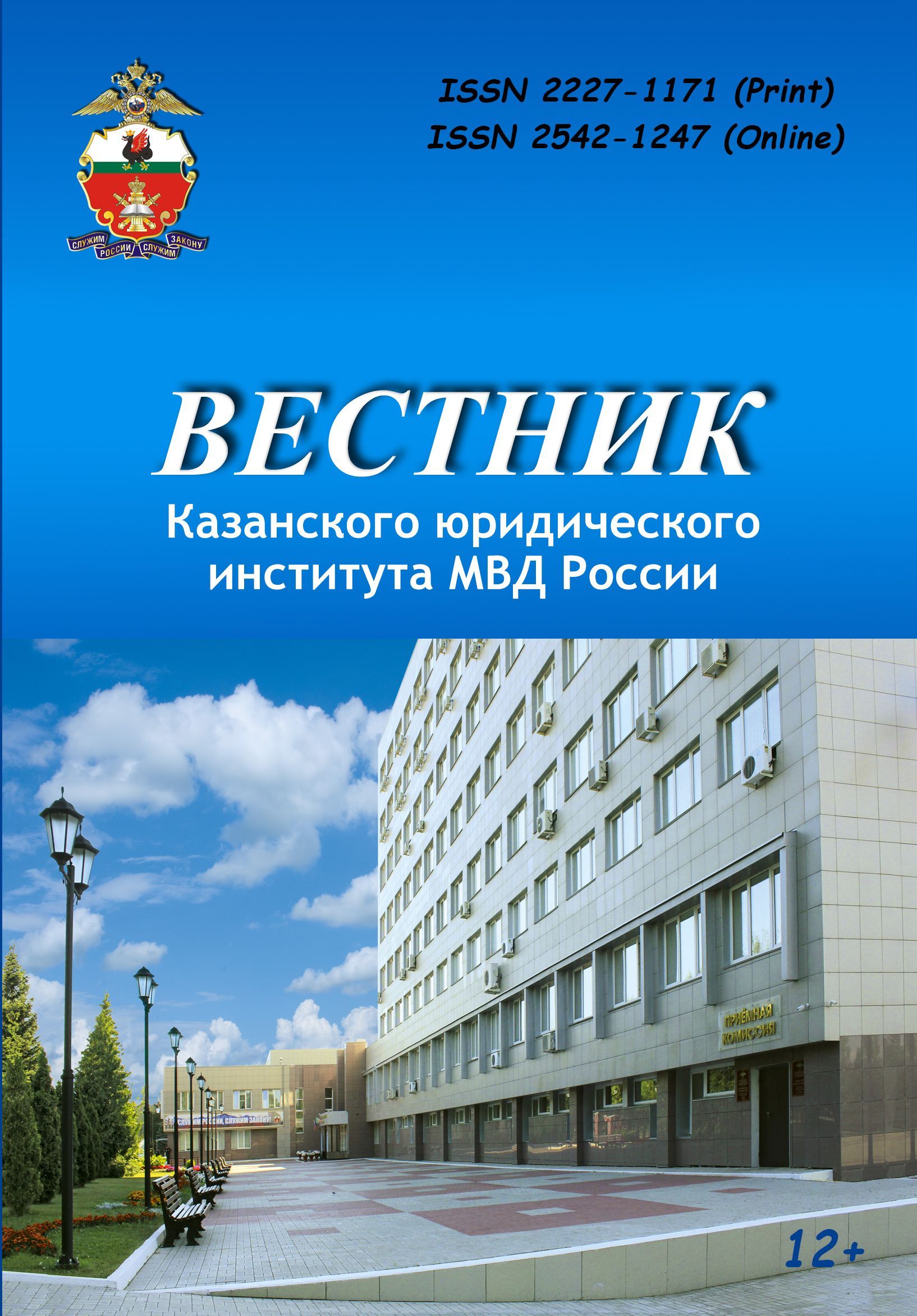Introduction: problems of consolidation of coordination norms in the legislation on law-enforcement bodies in the countries of Northern Europe are considered. The material is of interest as a positive foreign experience and the possibility of its use in Russia, since it is precisely the lack of proper coordination in the domestic law that makes the work relevant. The aim and objectives of the study are to establish the level of coordination legal technology in the Nordic countries and to determine what is applicable in Russian law. Materials and Methods: the methodology of the study is a set of general and particular methods and methods of research, the main ones being the method of system analysis, the formal logical approach, and the method of comparative law. Results: we have established that, from the point of view of the etymological approach, it is therefore necessary to coordinate, that is, to establish an appropriate relationship between any actions and phenomena. On the basis of this approach in science today, the blending of coordination with similar phenomena and categories prevails (for example, cooperation, integration, cooperation). This understanding is unlikely to be correct, since it, on the one hand, ignores the will of coordinated actors and other participants in the coordination process in the development of coordination decisions, and coordination itself is reduced to the exercise by the coordinating entity of its power. Discussion and Conclusions: from the very concept of coordination comes its focus on a concrete result, and the result here can only be to increase the effectiveness of coordinated actions and efforts. In essence, coordination is a philosophical category, considered in the form of a system of concepts, categories and opposing subordination. The value of coordination as a general scientific category lies in the possibility through its obtaining of the synergy effect of an activity, any coordination processes and coordination interaction. By coordination, a greater effectiveness of the actors’ activities should be achieved as if they acted in the absence of coordination coordination and interaction. We believe that the legislation of the Nordic countries contains coordination norms and elements of coordination doctrine, which may be of interest for the domestic law.
koordinaciya, konstitucionnye normy, mezhdunarodnoe sotrudnichestvo, informaciya, soglasovanie, polnomochiya















